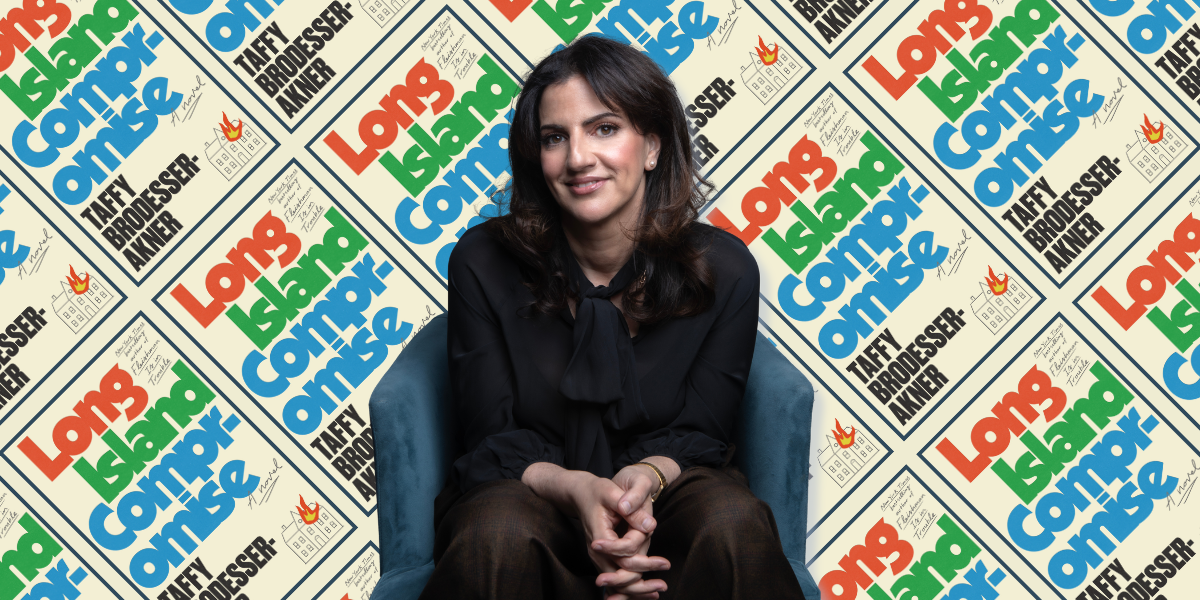Books
Taffy Brodesser-Akner’s ‘Long Island Compromise’

Toby Fleishman is not the one in trouble this time. Taffy Brodesser-Akner’s follow-up to her critically acclaimed first novel, Fleishman Is in Trouble, longlisted for the National Book Award, takes readers to the fictitious, largely Jewish Long Island, N.Y., suburb of Middle Rock and explores the trials and travails of the Fletcher family.
“The Fletchers were a great Jewish American family,” writes Brodesser-Akner in her new book, Long Island Compromise. “…[T]hey’d come to this country, observed the landscape, and deftly assimilated into it. They did such a good job of this that, ultimately, they disappeared undetected into a completely different diaspora, fully absorbed by the America outside Middle Rock and in no need of a place like that anymore. That worked until it didn’t.”
It didn’t because Carl Fletcher, the patriarch, was kidnapped for a week before his family pays a ransom for his return. He never recovers, and neither do his wife and three children, as their lives fall apart stunningly in this multi-generational saga. Brodesser-Akner, a staff writer at The New York Times Magazine, has already sold Long Island Compromise to Apple TV, with plans to write and executive produce the program (as she did with the Emmy Award-winning Fleishman Is in Trouble for Hulu).
Here, the 48-year-old New York City-based author reveals the inspiration behind her latest novel. This interview has been edited for brevity and clarity.
Why were you drawn to writing about a wealthy Long Island Jewish family?
My parents moved to Long Island when I was a baby and we lived there until I was 6, when my parents divorced. My father stayed on Long Island, and he was great about picking me and my siblings up every weekend from Canarsie, Brooklyn [where we lived with our mother]. I found Long Island to be such a fascinating place, watching it evolve over the years.
I had a journalistic distance, visiting only on weekends. This inspired my writing, resulting in 70 pages of Long Island Compromise that I started before Fleishman.
How are your family experiences reflected in the book?
Growing up in a poor section of Brooklyn, I saw the disparity in perceptions of wealth. I watched it play out, and what was so interesting to me then is that you could have a very big house on Long Island and think of yourself as a poor person.
So, I was very interested in the dynamic of who actually is poor, and who thinks they’re poor. Can money ever really buy you safety and stability?
You start the book with a kidnapping. How do you think that will be perceived in light of Hamas’s kidnapping and holding of hostages?
It’s interesting that you asked that because it did not occur to me until a friend pointed it out, two months after October 7. They are so different: The book has a very specific crime of opportunity and sort of weird, ragged 1970s [feel], and the other is a wholesale, coordinated terrorist attack on Israel. It just feels so categorically different.
There have been recent accusations of anti-Jewish and anti-Israel bias in the literary world. What has your experience been in writing and publicizing this book?
I am not experiencing the things that other people are experiencing. No one asked me to mute anything, no one asked me to change anything. And it feels like my publication is not shadow banned or anything. I don’t know why. I’ve been busy writing the story and also promoting my book. But I don’t deny that anyone’s experience is their experience.
Hadassah is mentioned several times in your novel. Carl’s wife, Ruth, is a member. Why?
Well, it’s Hadassah. I’m a big fan!
Amy Klein is a freelance writer and the author of The Trying Game: Get Through Fertility Treatment and Get Pregnant Without Losing Your Mind.










 Facebook
Facebook Instagram
Instagram Twitter
Twitter
Leave a Reply